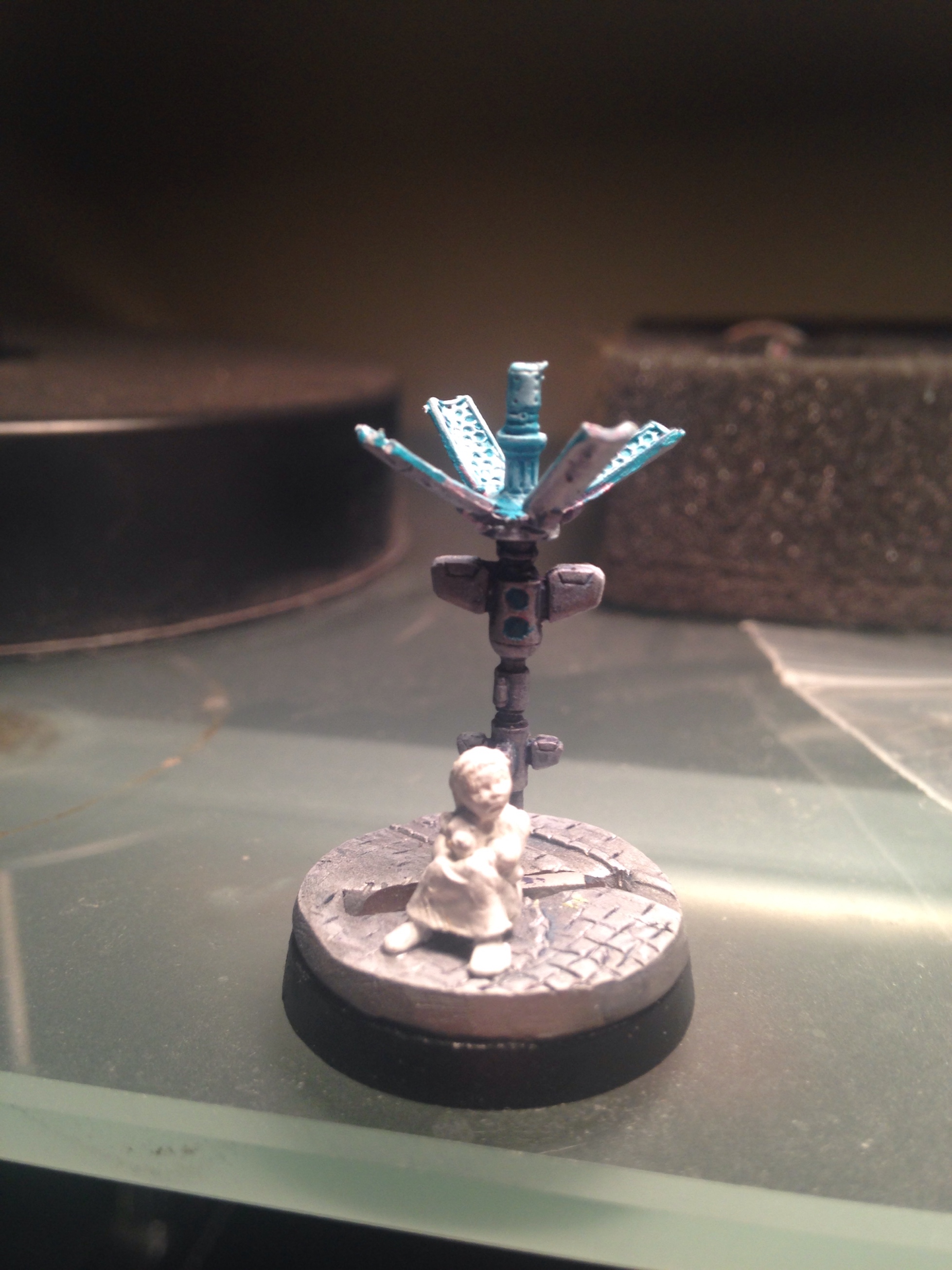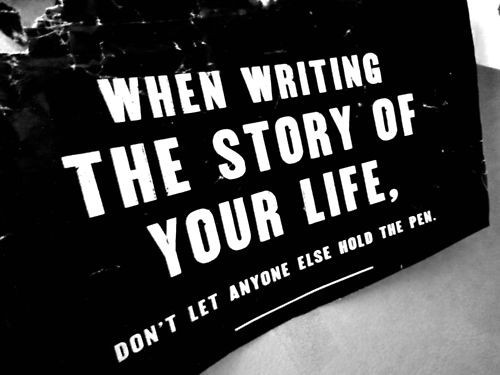There’s a really common business concept that I’ve heard a lot of, mostly through my time making games. It’s often suggested that you should “take ownership” of your work, and that doing so gives you more investment and makes you care about it more.
It’s an effective strategy from a leadership perspective, but it’s not without cost. To truly allow someone to take ownership of something, they need to have the freedom to shape it in their own way. In a lot of endeavors, this is fine, but as nice as it is to have an invested employee building something for you, if you really do need it a specific way there’s a good chance you’ll be robbing them of ownership.
To look at it from a different angle: a big part of my attachment to the minis games I play is the personal touches I give my collection. Even beyond painting them, I do a lot of careful work in assembly, often significantly converting a model, to put my own personal touch on it. I can’t remember the last time I assembled a mini precisely how it appears on the box, and in some cases I’ve done some conversions so extensive that the mini in question is almost totally unrecognizable. I do my best to be careful about the minis being confusing on the table top, but the personal touch is important to me.
One of my recent projects is an extensive conversion of an ALEPH Steel Phalanx force to SAO characters. I’ve carefully constructed a playable list from the minis I have (and a couple of additions), and am converting the entire group to match the main cast of the show. Prior to this, I’ve never liked Steel Phalanx, it’s a faction made up of characters that don’t really resonate with me. By turning them from characters I couldn’t care less about to characters I’m interested in, I’ve been inspired to do a lot of work converting and painting the entire team, and I suspect I’ll have a lot of fun actually playing them, too.
The Infinity community (as represented on the forums) has been publicly supportive of this project (and others!), but I’ve gotten the occasional bit of criticism– why change the models that are sculpted the way they are for a particular reason, or why make your games more confusing with bizarre proxies or heavily altered pieces? It’s a similar type of criticism I’ve recieved from a recent Ariadna team I put together, which was based on my Shadowrun campaign and is about half-comprised of non-Ariadna minis that fit the Shadowrun characters but aren’t necessarily part of Ariadna as a faction– potentially confusing for someone, even if I’m very consistent about how I use them.
The reality is that without my own personal touch on these groups of minis, I wouldn’t own them, or they’d collect dust on a shelf. At any given time, I usually have a handful of minis that I haven’t assembled, sitting around in boxes because I picked them up from a tournament victory, as part of a sale, to round out another order, or just on a whim, and I haven’t made a personal connection with them that gives them value to me beyond game pieces. When I put my own spin on them, they have meaning for me even when I don’t like them. I often go as far as telling myself my own stories about them, determining fictional personalities and stories about the groups I put together, which inspires paint schemes, details, and even extends to list construction.
When I was growing up, I once complained to my dad that the essays I had to write in school were boring and meaningless. He suggested that I use the essay prompts as a way of springboarding into a topic I *was* interested in– his actual phrasing was more like “use the prompt just long enough to lead you into something you actually want to talk about, then talk about that”, which appealed to my teenage subversive side, but the end result was the same. My writing quality jumped immensely after that, partly because the satisfaction of “tricking” the teachers into letting me write about whatever I wanted gave me a smug sort of glee, but also because once I was writing about something I actually cared about, I put more effort in the work. On several assignments, I was told later that I didn’t exactly adhere to the prompt as such, but that it was a good enough essay that the teacher would let it slide. I took ownership of my writing and the improvements were noticeable, though the end result was often not what had originally been envisioned.
The same is true elsewhere as well. My writing, my minis, and my work all get a lot more care and effort put into them when I can take ownership and make them my own, but it also means they’re very likely to be significantly different from the standard set of expectations. As a team leader, I take care to be aware of this double-edged sword. I can give someone a lot of freedom to work out how they want to do things, but if I then come back and “make corrections” or otherwise deny then the freedom to add their personal touch, especially after the fact, I’m both sabotaging my own credibility and damaging the work of my team member. When I delegate a task out to someone on my team, it’s important that I support their efforts, even if they’re not what *I* would choose to do, so long as they’re effective. If I want something done my way, I had better be prepared to do it myself, or I can’t expect to draw upon the additional motivation and value that comes from someone “taking ownership”.





1 comment